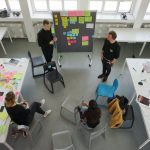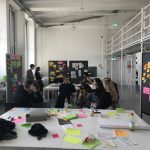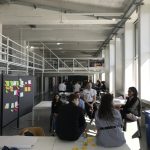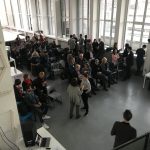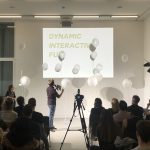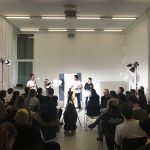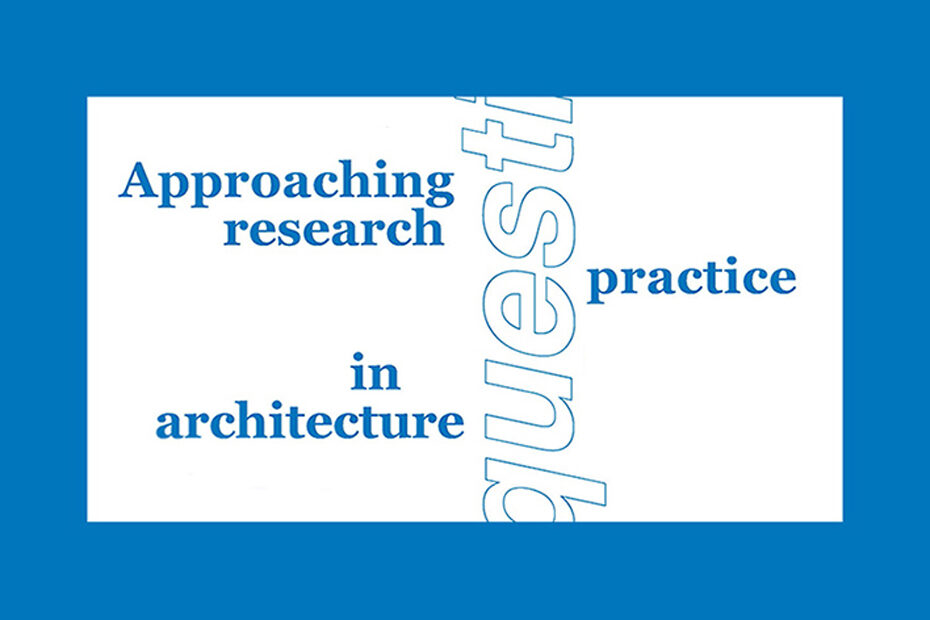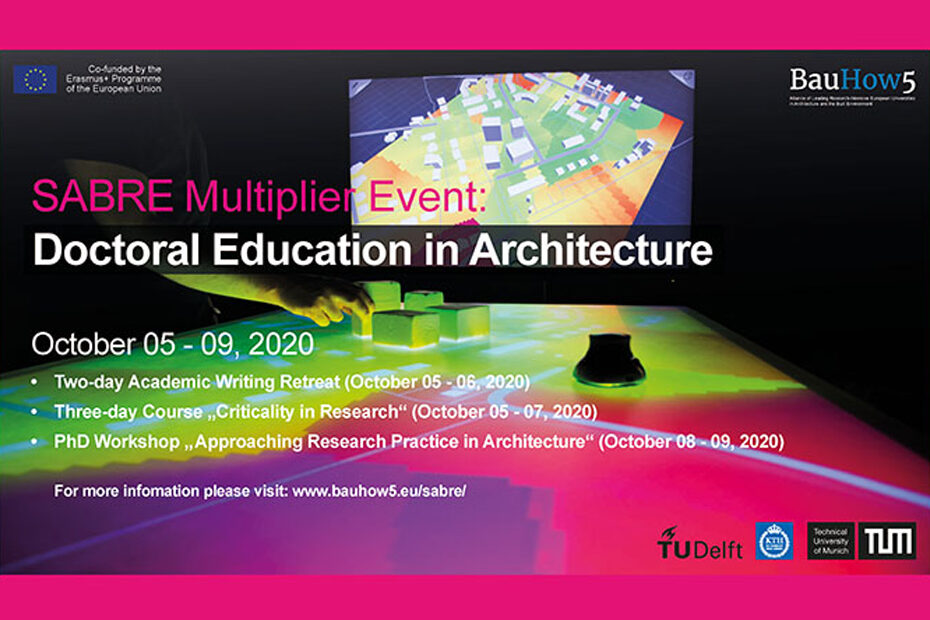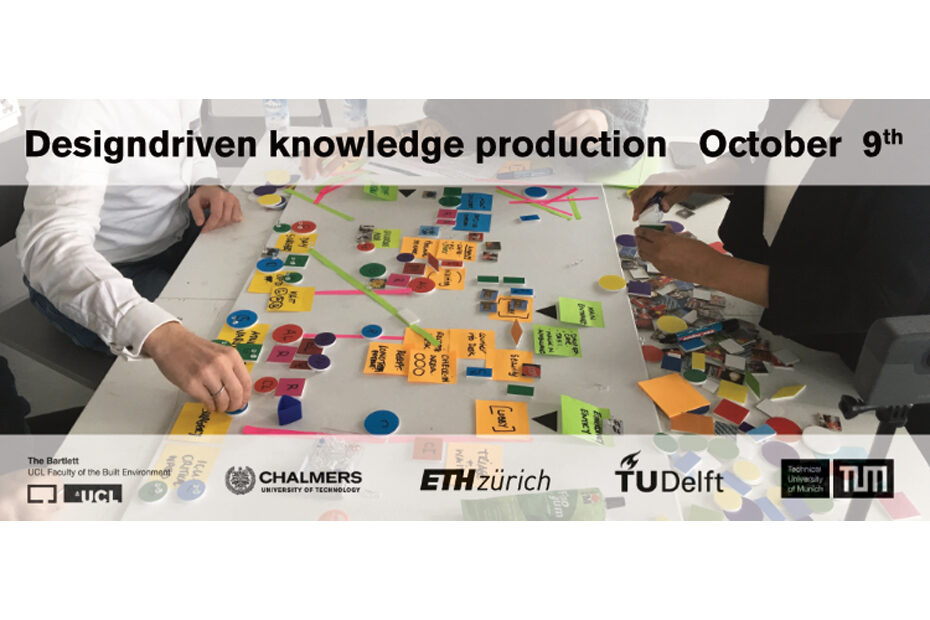Strengthening Architecture and Built Environment Research (SABRE) is an Erasmus + Strategic Partnership, co-funded by the European Union, with the aim to deeper embed Architecture and Built Environment research into higher education institution as well as outside academia. Architecture and Built Environment disciplines have been taught at European universities for over a century. Still the situation bears many of the characteristics of an emerging field of knowledge: it lacks recognition for specific research outputs; it lacks sufficient research funding; it has only recently started to gain acceptance of design as an academic activity; and the esteem of the doctorate title remains comparatively low.
Project Duration: 09/2017 – 08/2020
Funding amount: 286.032,00 Euro

